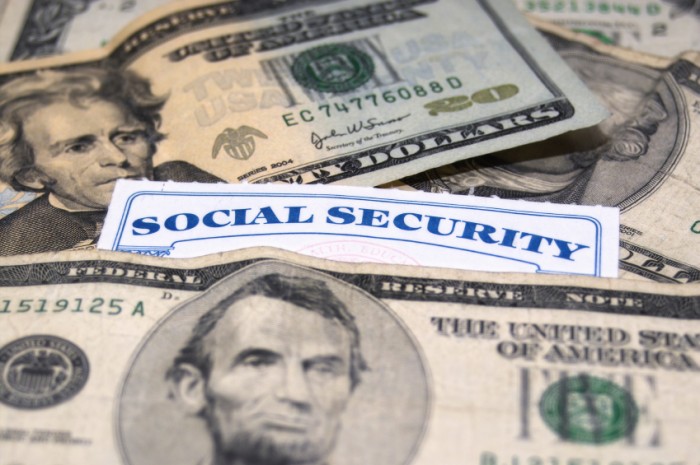Special Report – Senate Special Committee on Aging Re Transition to Paperless Statements

Last week, the Senate Special Committee on Aging revisited an important topic concerning the Social Security Administration’s (SSA) transition from paper Social Security payment statements to electronic payment statements. AMAC has been closely monitoring developments related to the payment shift due to the impact it will have on seniors – particularly Social Security beneficiaries – and taxpayers. When asked on our website, “Should the Social Security Administration do a better job of educating beneficiaries about paperless S.S. statements especially if reducing the use of paper statements would save taxpayer money?” – an overwhelming 92 percent of poll participants responded in support of raising awareness about the benefits of electronic payment statements.
According to the testimony of Richard Gregg, Fiscal Assistant Secretary to the U.S. Department of the Treasury, over 96 percent of Social Security beneficiaries have [already] successfully converted to electronic payment. This transition, he stated, “will save the taxpayers more than one billion dollars over the next ten years.” Along with the added benefit of reducing taxes, Theresa Gruber, Assistant Deputy Commissioner of Operations to SSA, attested to the added security gained for seniors and SSA in the switch. “Electronic payments benefit the public and the agency,” added Gruber, “they are significantly less expensive and less likely to be lost or stolen.”
As part of the effort to encourage the shift to paperless statements, SSA is poised to send letters reminding beneficiaries still using paper payments of the advantages to switching to electronic payments. As it stands, a waiver system exists for those unable to register for electronic payments due to cognitive impairment or geographic location. Sen. Elizabeth Warren (D-MA) spoke of the need for the waivers to be made readily available to senior citizens who demand it. SSA is currently drafting the letter while the Treasury works to redesign the waiver form and train workers at call centers to assist seniors seeking to remain on the paper payment system.
The committee hearing also addressed the issue of cyber intrusion associated with the transition to electronic payments. Patrick P. O’Carroll, Inspector General of SSA, stressed the need for Social Security to collaborate with the Treasury to improve identity verification for bank account changes made through financial institutions. All expert witnesses testifying before the committee agreed that the Direct Express card – provided by Comerica in partnership with the Treasury – is the safest way to receive electronic benefit payments. The senators stressed that the Treasury and SSA must work to better inform seniors of the dangers of receiving electronic payments through private label debit cards, since such companies are not required to reimburse beneficiaries in cases of fraud.
AMAC is pleased to see the committee address this important issue, taking into consideration the information and advice provided by experts in the field. Like senators on the committee, AMAC remains focused on protecting seniors from fraud and minimizing confusion, while SSA continues to transition smoothly to electronic Social Security payment statements. AMAC will keep you abreast of the latest news coming out of Washington and any changes affecting your Social Security benefits.
